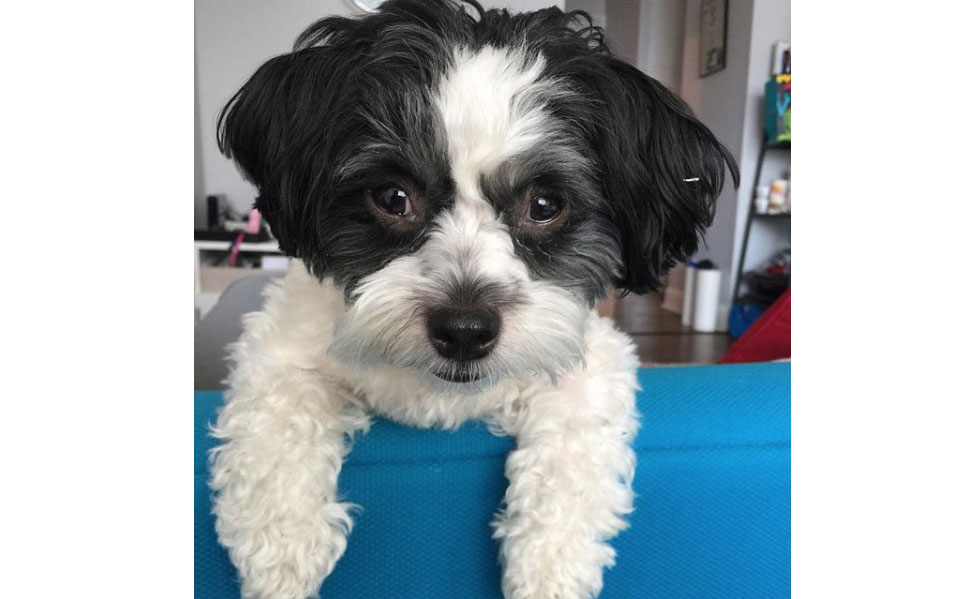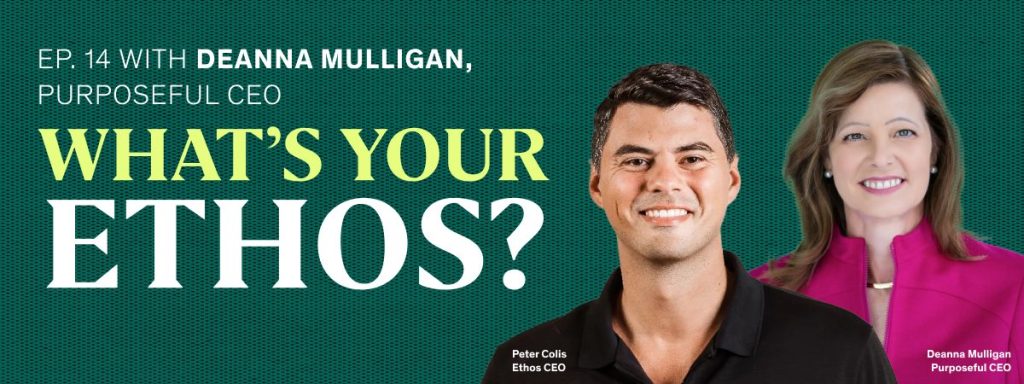Dr. Community
Before technology took over our lives, the word ‘community’ could have been defined in a simple way – a group maintained by the people who built it for their own benefit. Nowadays we’re seeing the word community used loosely – different interests, different circumstances, and different points of identification are being categorized as communities, making most people a part of a community whether they know it or not.
In his book – Community: The Structure of Belonging, Peter Block talks about community as the experience of belonging – a need that grows out of the isolated nature of our lives. He talks about how today’s world – which offers better connectivity, diverse information and different opinions, hasn’t created a sense of belonging. Harvard University professor Robert D. Putnam points out how technology advancements separated us in his book Bowling Alone: The Collapse and Revival of American Community. In 1900 music lovers needed to gather with others at specific times to listen to music. Then the radio came along – the first of a series of electronic inventions that transformed American leisure. It took the radio 14 years to reach 75% of American households. TV, “a medium of entertainment which permits millions of people to listen to the same joke at the same time, and yet remain lonesome,” did it in just 7 years.
In 1981, a group of 13 executives bought Harley-Davidson back from the AMF Corporation. The iconic American brand was struggling to compete with lower-priced Japanese imports such as Honda, Yamaha, and Kawasaki. To celebrate the buyback, executives rode from York, Pennsylvania, (where the deal was finalized) to Milwaukee, Wisconsin, meeting with and talking to riders, retailers and Harley-Davidson motorcycle enthusiasts along the way, planting the seeds for Harley Owners Group (H.O.G.) – “the world’s greatest motorcycle riding club.” Officially launched on January 1, 1983, H.O.G. initially sponsored a number of official events across the US and Canada before going global, and by 1992 the club had close to 200k members. Referred to as “the granddaddy of all community-building efforts,” the club now has around 1m members who typically spend 30% more than non-members.
More and more companies are looking to build communities these days. WeWork maintains a community where members have access to events, benefits, and ways to connect with each other. SoFi promotes a community that offers its members discounts, career services, and events. Lastly, Brandless – while strictly online – is powered by ‘community-driven values.’
In the famous Facebook Manifesto, Mark Zuckerberg uses the word community 81 times, making it the most used word after words like ‘to’, ‘the’, ‘and’, etc. Following numerous controversies over the past years, Facebook is now focusing on ways to “empower people all around to build communities,” because connecting people is one thing, but bringing people closer together is another. In an effortless and emotionless digital world filled with distractions, consumers are the captains, brands are the navigators, and the community is the promised land.
We first came across Eusoh (pronounced you-so) in June of last year. It was when terms like P2P, community, and social cause, were used to describe several insurance startups. To make a long story short, I decided to sign up with Eusoh and keep track of the company because I have Heathcliff and I pay for pet insurance.

“Since launching in August, our community has experienced real savings while having a fully-functioning protection mechanism for our pets,” was the opening sentence in a recent email update from Allen Kamrava, the founder and CEO of Eusoh.
Shortly after, I reached out to Allen to learn more about his company, which was recently selected to participate in Moderne Ventures’ Passport Program.
“The constant struggles with health insurance companies as a practitioner planted the seed,” says Allen, a physician and surgeon residing in Los Angeles, on what led him to create Eusoh. But Eusoh is not insurance – it’s the alternative. The company helps people build groups to share costs for pet care with a promise to only share expenses when they occur. The process is simple – people can either join an existing group or create a new one and pay $10 a month. For expenses to be shared, members submit costs in the form of an invoice and after a verification process, costs are shared among the group members with a guarantee to not exceed a certain amount. If costs among one group reach a high amount, Eusoh will bring in members of other groups to share the costs.
https://www.youtube.com/watch?v=uI6vzWyE-JI
“Insurance is merely crowdfunding ,” states Allen. Over the past decade crowdfunding has taken the world by storm, and one company that’s been gaining attention is GoFundMe. Launched in 2008, the California-based company helped people raise over $5b as of late 2018. The platform receives close to 53m monthly website visitors, with almost half of its traffic coming from social networks – likely because people love to share a social cause.
They say that criticism is a sign of success. If that’s true then GoFundMe is very successful – with one third of the money going towards medical-related campaigns, the company has been criticized over and over with the common theme of “GoFundMe is not insurance.”
When Allen decided to build Eusoh, he wanted to create an alternative to the insurance model that would still deliver insurance-like features such as scaling capabilities, a promise to pay, access to information and security. In a way, Eusoh is combining the social element of GoFundMe with the expertise and guarantee of an insurance company. But the company’s biggest selling point isn’t its ‘best of both worlds strategy,’ instead it’s their community-based approach. “Humans are tribal by nature,” says Allen, “communities remove frictional barriers to the association. They have unwritten but understood rules of conduct. Some of them are narrowly defined, as to how we talk. Others are broadly defined, concerning what we enjoy amongst one another’s company. Ultimately, what they provide people is a sense of belonging, a desire which I believe is coded in our DNA.”
With as little as 10 members per group, Eusoh is making pet care personal. One of the most interesting features Eusoh offers is the ability to see vet costs across groups. When members submit vet bills for reimbursement, the original invoice with the full details is visible to the entire Eusoh community. Being this transparent doesn’t just reflect well on the company – it could also bring members closer together.
In addition to its D2C strategy, Eusoh has recently entered the B2B2C space by offering businesses access to the platform as a perk for their employees. The company plans to raise another round of funding, launch internationally, and apply its concept to other market verticals. Because when you bring people together, anything is possible.
PS. Allen will be speaking at our upcoming insurance webinar with Cake & Arrow.



